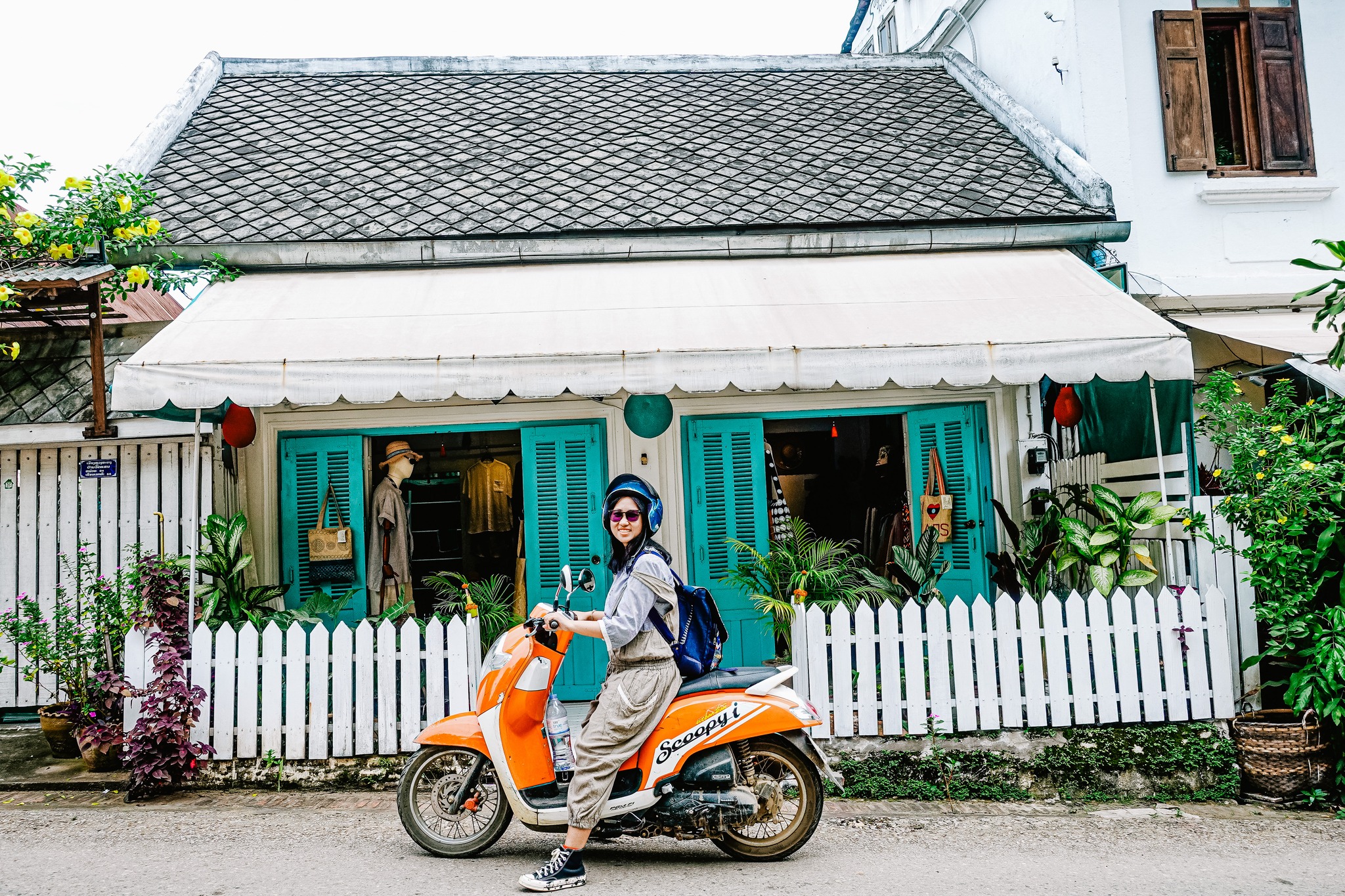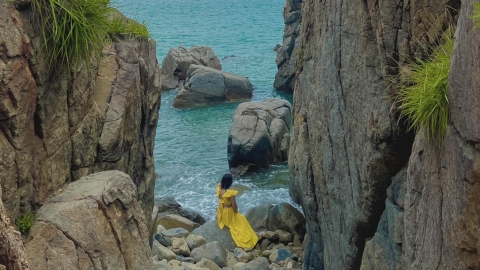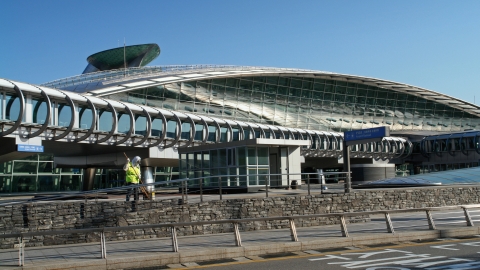Basically, longer trips can be more expensive and sometimes more stressful than shorter ones. How can you secure a stable budget for travel? How can you plan to avoid running out of money on long trips? Travel blogger Trang Chó will answer these two questions for you in the article below.
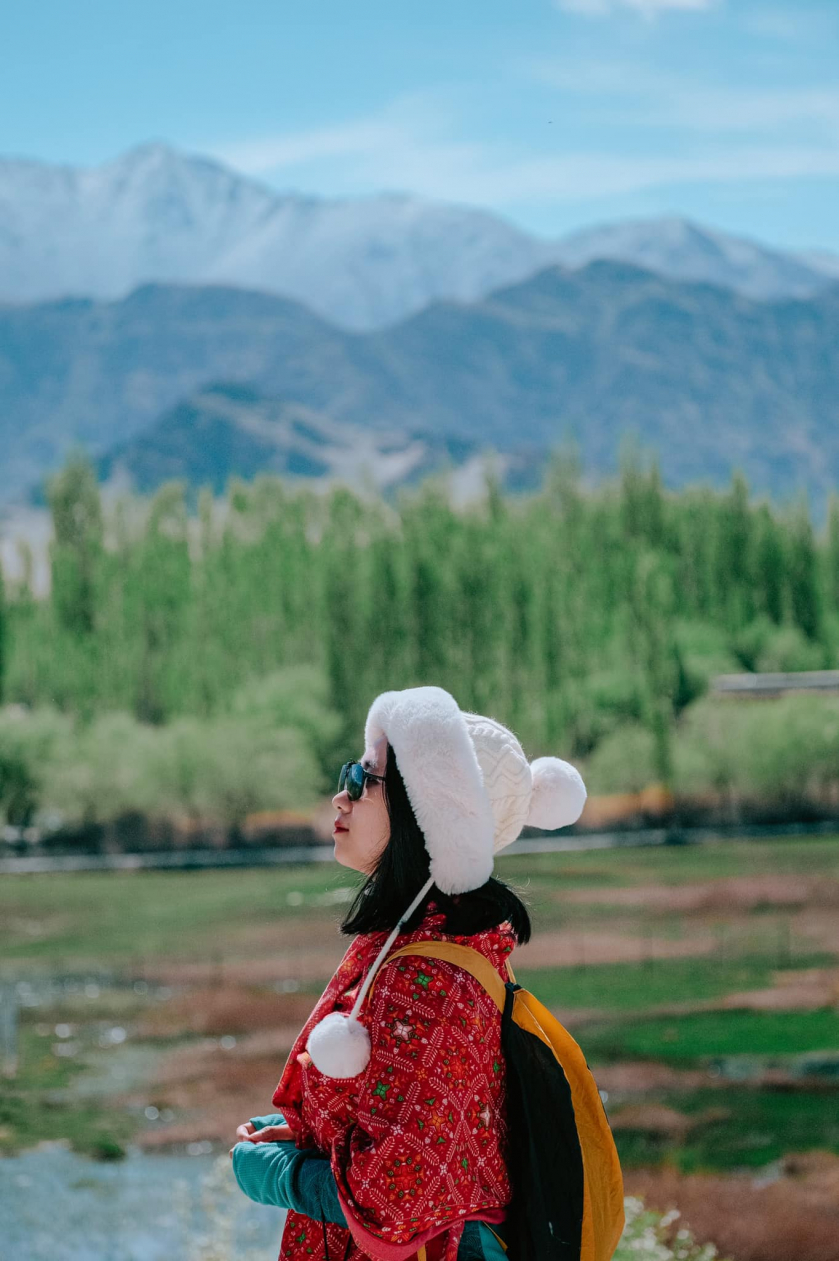
Nguyen Thuy Trang spent nearly 1 billion VND on 1000 days of traveling to many places.
SOLID FINANCIAL PREPARATION
Nguyen Thuy Trang (28 years old, Hai Phong) shared that throughout her four years of university, she worked many different freelance jobs and saved most of the money she earned. She said: "I didn't spend much on myself, so I accumulated a considerable amount of money." After graduating, she dedicated a lot of time and money to her travels. To date, she has spent nearly 1 billion VND on 1000 days of traveling to many places.
In 2022, it seemed like there wasn't a single day that Thuy Trang wasn't traveling. Trang shared: "Traveling on the road seems to be my way of life." Trang usually takes long trips lasting about a month.
She said that after graduating and working for six months, she quit her job and began a journey of exploring the world for many days at a time. From that experience, she realized: "To be able to go on such long trips continuously, you need a suitable job. And becoming a 'Digital nomad' (a traveler who works on digital platforms) is part of that lifestyle." Currently, she works multiple online jobs simultaneously, anytime, anywhere, without needing to go to an office.

She travels frequently but still manages to balance her work effectively.
Thùy Trang shared that she has to plan her work very scientifically. She creates a specific work schedule, takes advantage of evenings to handle tasks, and sticks to deadlines to always complete them on time. During the day, she explores destinations, learns about the culture, and enjoys the cuisine... That's how the 28-year-old woman can both earn money while traveling and travel while working. Effective work management is the first step to good financial management.
The second step is knowing how to divide your money into smaller pockets. For Thuy Trang, she divides her money into two pockets: savings and travel money. She says the first pocket is for essential expenses, and she absolutely refuses to touch it. The second pocket is reserved for travel. Trang usually analyzes her current needs and considers how well the trip suits her. From there, she designs a reasonable travel itinerary and begins planning her finances for the trip.
PLAN YOUR FINANCES AS DETAILED AS POSSIBLE.
For each trip, she plans her finances by calculating costs for the following five categories: accommodation, food, transportation, entrance fees, and incidental expenses. She advises readers on two things: plan your trip as early as possible and research as many service providers as possible to make the best choice.
Thùy Trang doesn't place too much emphasis on accommodation during her trips, whether short or long. She has a habit of always looking for the cheapest rooms on Booking or Agoda, mostly dorm rooms with bunk beds. Trang spends time reading reviews of rooms she intends to rent and increases her budget if necessary to find a satisfactory place to stay.
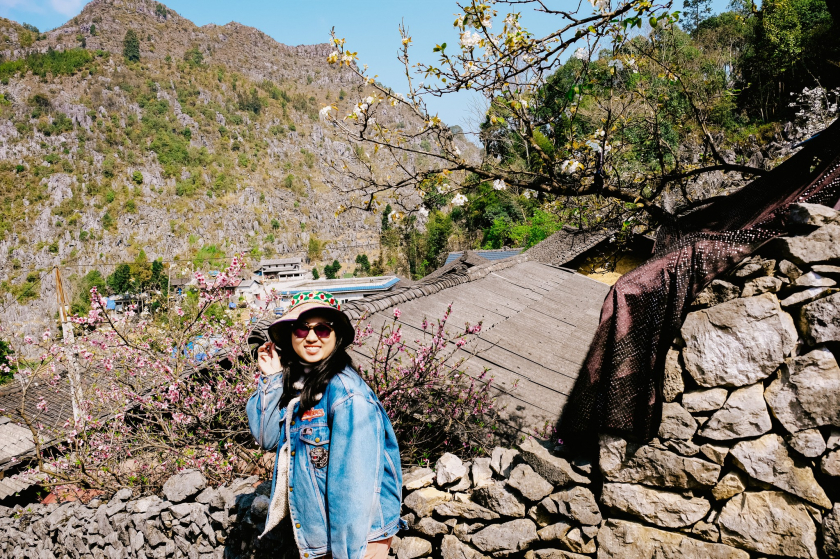
She always knew how to connect with the travel community and minimize the costs of her trips.
She said that typically, the cost of a dorm room is no more than 200,000 VND, except for some countries with quite expensive rental prices like China, Taiwan, and Singapore, which range from 300,000 to 400,000 VND. Furthermore, you won't spend a single penny on accommodation if you use Couchsurfing. This is a platform that helps you connect with and find accommodation from locals. You can save a lot of money while learning, sharing, and discovering more about the people, customs, and culture of the place you're visiting.
"Travel expenses are one of the budgets that need careful planning and preparation as early as possible," Thuy Trang said. "I usually book my plane tickets about 3-6 months in advance to get the best price. In addition, I often look out for sales events from budget airlines to snag zero-fare tickets." This is how she significantly reduces her expenses. Trang also spends a lot of time comparing prices from different transportation companies well in advance to get the best deals. She shared that she often uses Klook to buy train and bus tickets at a cheaper cost than booking directly elsewhere.
Entrance fees to attractions are a difficult expense to change, so she usually considers carefully before each trip which destinations she should choose. As for food, Thuy Trang often visits local restaurants or food courts to have a wide variety of dishes at reasonable prices. She added that you can research restaurants beforehand by using Google Maps, selecting your destination and searching for restaurants in the area. This way, you can learn about and read reviews of nearby restaurants, as well as know the average price you should expect to pay.
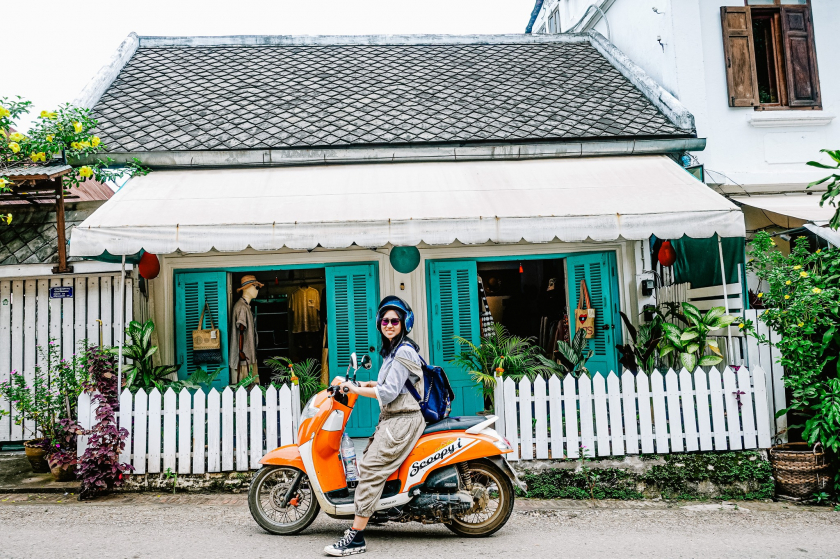
Before each trip, she usually considers which destination she should choose.
Thùy Trang shared that she always prepares very early before each trip, calculating her budget carefully, so there are hardly any unexpected expenses during her journey. However, she always makes sure to have a contingency fund for the trip. For example, if the cost of a 5-day, 4-night trip to Thailand is around 7-12 million VND, she will set aside a reserve of about 3-5 million VND to deal with any unforeseen circumstances.
The travel enthusiast also shared an unforgettable story about money during her trip to India last year. She said that she was once "hacked" by "magicians" in New Delhi after her trip because she used an international payment card to make transactions on Indian websites. She also advised Travellive readers to be careful when using international payment cards (Visa/Mastercard) to avoid losing money unnecessarily. You should estimate and exchange a sufficient amount of cash before your trip.
Additionally, if you encounter any difficulties during your trips, especially long ones, you can always access Vietnamese travel groups or communities at your destination to ask for assistance. Emergency contact information such as embassy numbers, local security, and hotlines should also be saved before your trip in case of problems.
Speaking to reporters, Trang said she is currently traveling in Pakistan. The travel enthusiast with a packed itinerary emphasized the importance of thorough research and early preparation for long trips to ensure financial control and avoid overspending after the trip.

 VI
VI EN
EN



